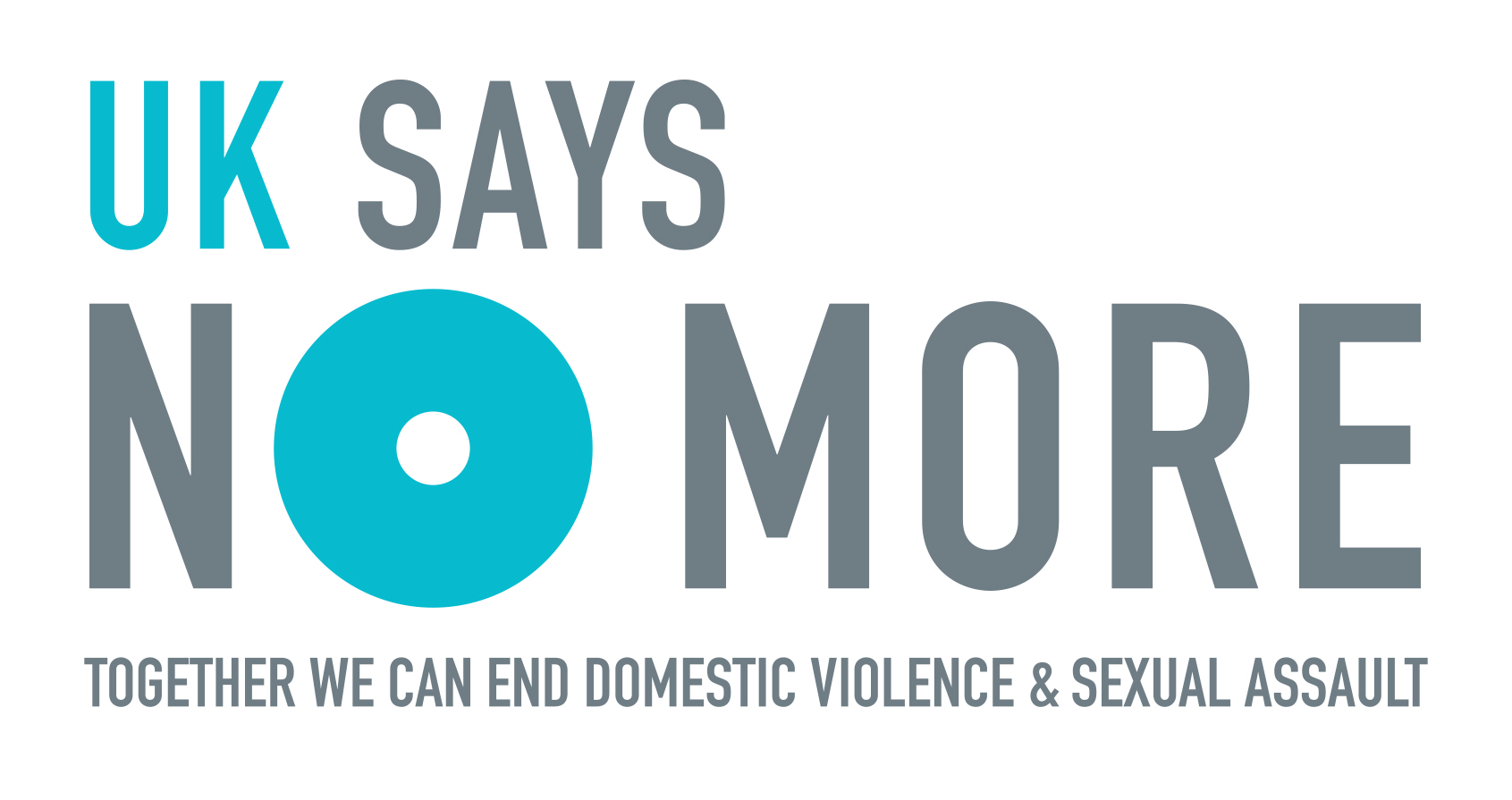9 March 2023
The 5-12th March 2023 marks ‘No More Week’. The campaign seeks to unite and strengthen a diverse community of members of the public and organisations nationwide to actively take a stand against domestic abuse and sexual violence. Domestic abuse isn’t always physical and can often come in the form of coercive control.
What is coercive control?
Coercive control is when a person you are connected with, continues to behave in a way which makes you feel controlled, isolated or frightened. Coercive control can be difficult to recognise and sadly can often lead to physical violence. It’s also a criminal offence under the Section 76 Serious Crime Act 2015.
The following types of behaviours are common examples of coercive control (not exhaustive):
- Isolating you from your support system
- Monitoring your activity throughout the day
- Controlling financial spend and assets
- Denying you freedom and autonomy
- Gaslighting
- Any form of assault or threatening behaviour
- Controlling aspects of your health
- Humiliation and intimidation
- Threatening your children
- Sexual coercion
How our Family & Divorce team can help
If allegations of coercive control arise as part of the proceedings, the victim and abuser may find they have to deal with family and criminal courts. These types of cases often involve both family and criminal lawyers as some behaviour can be classed as a criminal offence.
Our family lawyers can help you to break free from the coercive control and regain your independence and can assist you in securing legal protection against an abusive partner. They have experience of litigating with people who exhibit tendencies of coercive control or narcissistic personality disorder (NPD) and can support you through this process effectively because of this.
Our team will approach your case in confidence and help to minimise any further distress in what is already a difficult situation. To speak to a member of the team in confidence please call Lucinda Holliday on 01494 478603 or email ljmh@blasermills.co.uk.
Free confidential support in the UK
Safe Spaces are open in Boots, TSB Banks, Superdrug pharmacies, Morrisons & Well pharmacies & many independent pharmacies across the UK. If you’re experiencing domestic abuse, you can use Safe Spaces to call a helpline, support service or loved one.
Refuge’s National Domestic Abuse Helpline : 0808 2000 247
The Men’s Advice Line run by Respect is a confidential helpline specifically for male victims: 0808 801 0327
